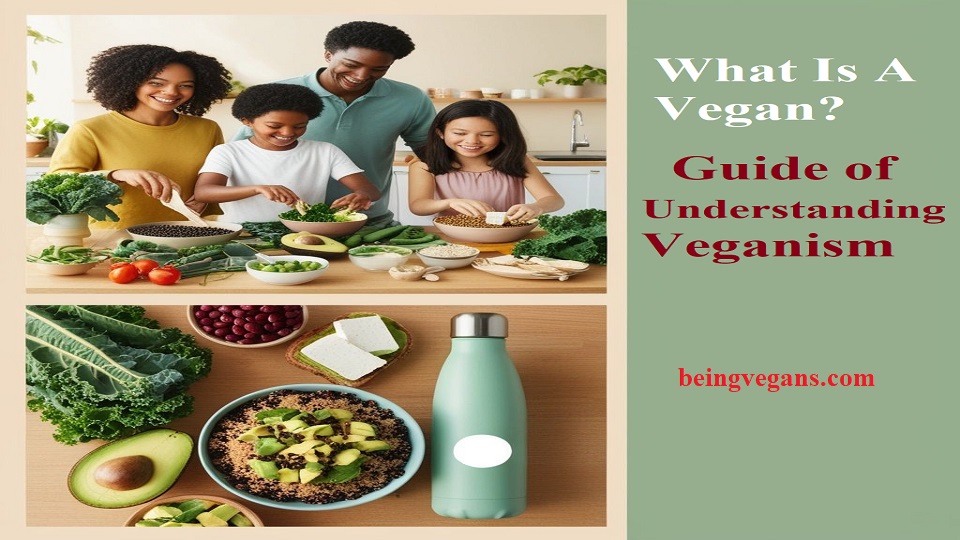Vegetarianism has been practiced in various religions for years. Many religions, including Hinduism, Jainism, Buddhism, etc., have advocated vegetarianism as they condemn violence against animals. Although people went back to eating meat for a while, the movement to eat vegetarian has begun again. Started by The Vegan Society, the movement has garnered over 100 million followers and is growing steadily.
Being vegan is more than just giving up meat – it’s a commitment that can involve food choices, environmental concerns, and personal values. In this Article, we’ll explain what it means to be vegan, the different types of vegans, and the reasons people choose this lifestyle. Whether you’re curious, looking to change, or just hungry for information, this guide offers the facts without any nonsense.
What is Veganism?
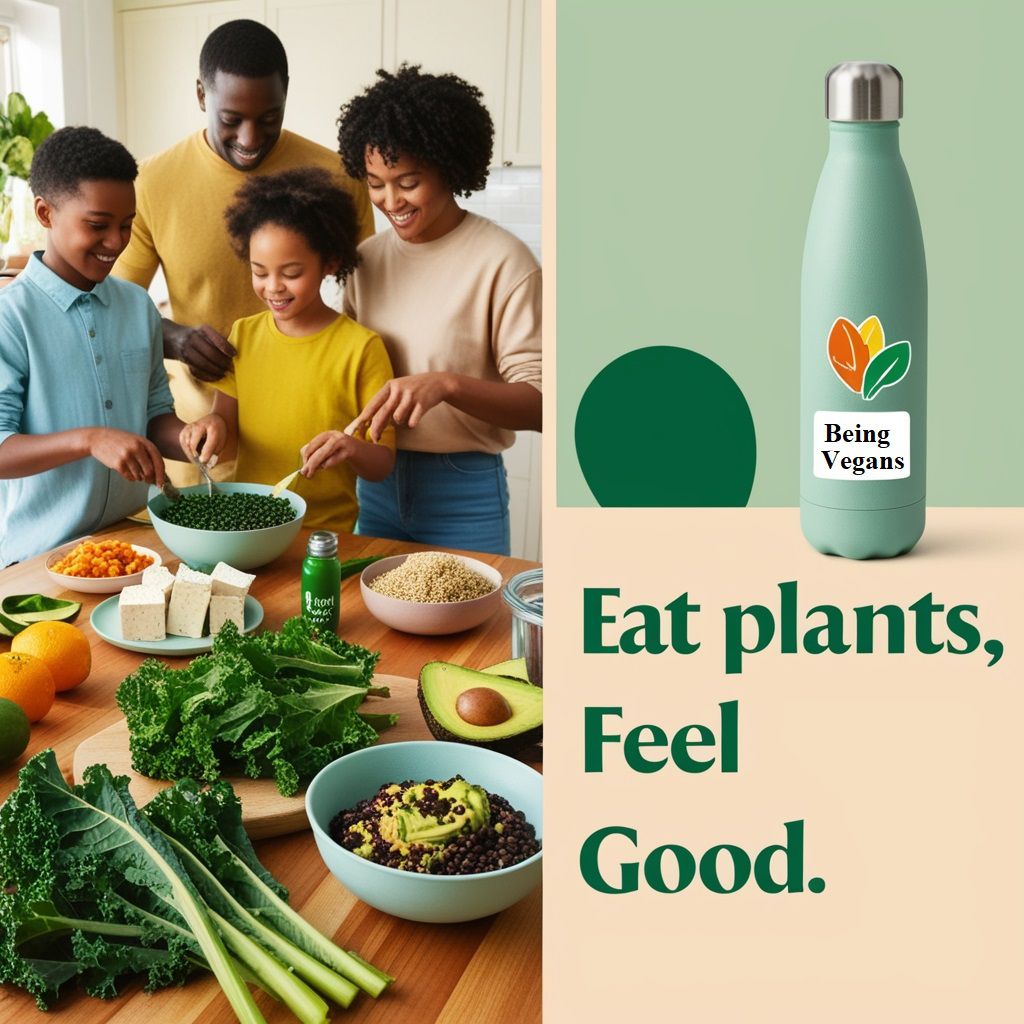
A vegan is a person who abstains from all animal products whether it is meat, dairy products like milk, cheese etc., eggs or any other material derived from animals. But talking about veganism, it extends beyond diet to other areas of life such as clothing, cosmetics and household products that involve testing or exploitation on animals.
A vegan abstains from all animal products, even non-food items like leather and wool. The Vegan Society defines it as “a philosophy that tries to exclude the exploitation of animals as far as possible”.
History of the Word “Vegan”
The word “vegan” came to be in 1944, when it was created by Donald Watson and his soon-to-be-wife Dorothy Morgan, both members of the Vegetarian Society. There were growing requests for non-dairy vegetarian resources in the community, but it wasn’t until 1944 that the word was officially coined.
The word vegan is a shortened version of vegetarian—including the first three letters and last two letters of the word, which Donald thought nicely represented “the beginning and end of vegetarian.”
A “Vegan Society” was formed, and Donald Watson and other plant-based visionaries gathered for their first meeting in London. November 1st became World Vegan Day to commemorate the founding of The Vegan Society, which is still celebrated worldwide today.
Although some people think that only those who are vegetarian are called vegans. But in reality it is not so. Vegetarians and vegans are different. Let’s know what is the difference between vegan and vegetarian.
What is a Vegan vs Vegetarian:
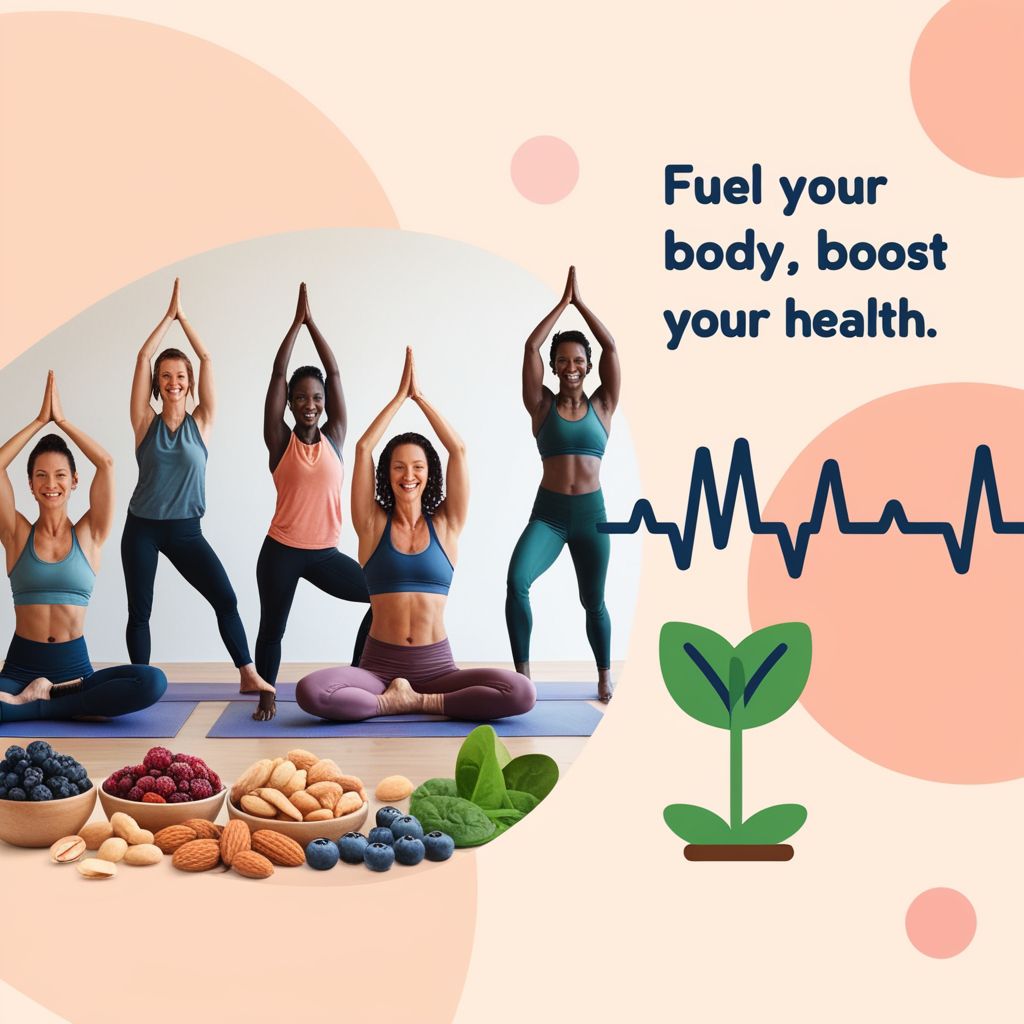
Vegetarians do not eat meat but they can eat eggs or dairy products like milk, cheese. Vegans, on the other hand, do not eat any animal products, let alone meat. They do not even use products made from animal products such as leather, wool, etc. However, you will be surprised to know that vegans are also of 5 types.
5 types of vegans (yes, there is more than one!)
1. Dietary vegan
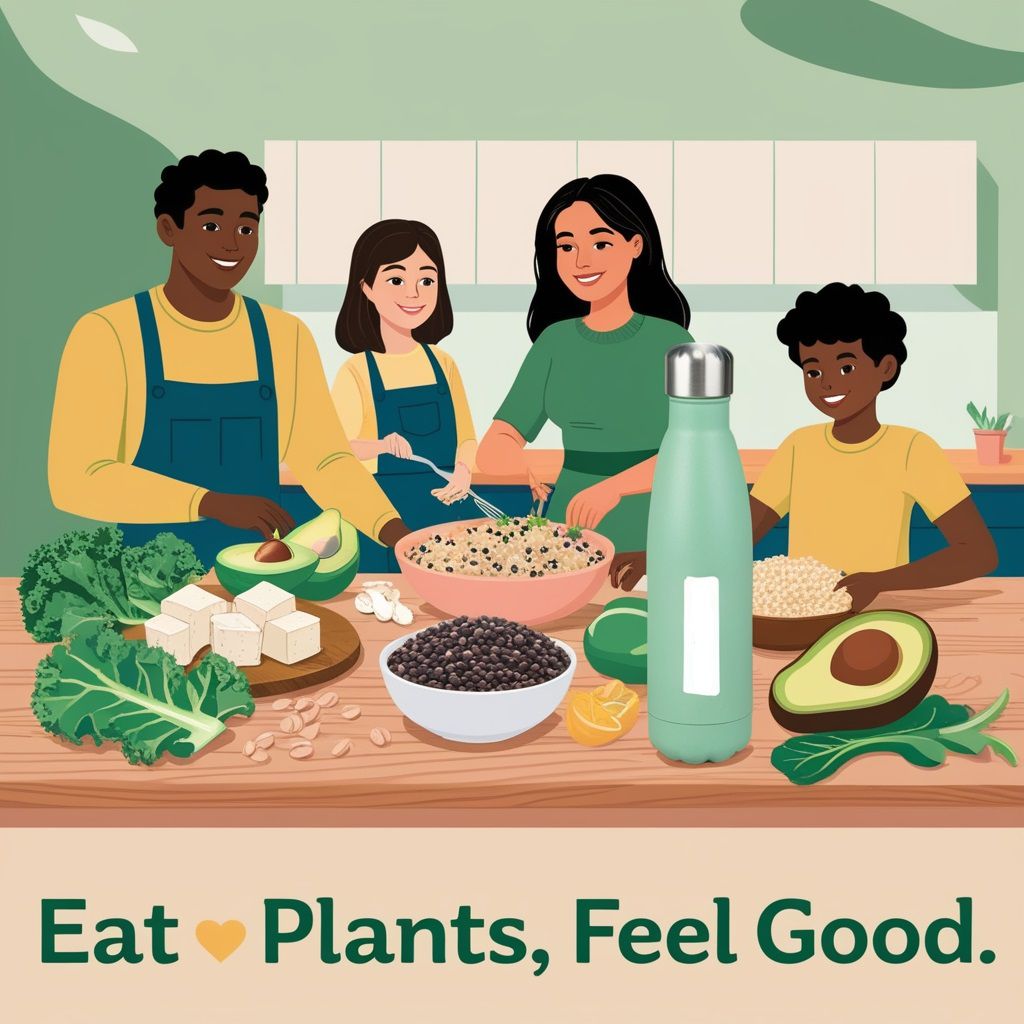
Dietary vegans are those who focus on eating vegetarian food but use animal products such as leather or wool. Such people are also called beginners who become vegan after being influenced by a person or documentary but it is very difficult for them to exclude animal products in their daily routine.
2. Ethical Vegan
Ethical vegans are people who are against animal cruelty in everything from food to fashion. They avoid all forms of animal exploitation, including wearing leather or wool, using cosmetics tested on animals, and industries that harm animals.
3. Environmental Vegan
Eco-vegans are people who are against the use of animals for farming. These people believe that 14.5% of global greenhouse gases are produced by the use of animals for farming. A study by Oxford University revealed that adopting a vegetarian diet reduces the carbon footprint of your diet by 73%. Therefore, people become environmental vegans to save the environment and reduce their carbon footpCheck rint.
4. Health-focused vegans
People who suffer from serious diseases like heart problems or diabetes or prioritize preventing them are health-focused vegans. This type of people initially become vegan to take care of their health but later become completely ethical vegans.
5. Religious/Cultural Vegans
Some religions, such as Jainism and some Buddhist sects, encourage vegeanism as a path of non-violence and compassion. They are against any kind of violence against animals. Such people are vegan from birth for religious reasons.
Becoming a vegan is not easy. Most people in this world consume or use animal products in some form or the other. At the same time, there are some people who make fun of vegans for eating plant-based food. In such a situation, we would like to tell these non-vegetarian people that being vegan is very important not only for yourself but to save the entire earth and humanity. Let’s know that
Why become a vegetarian?
1. For animals
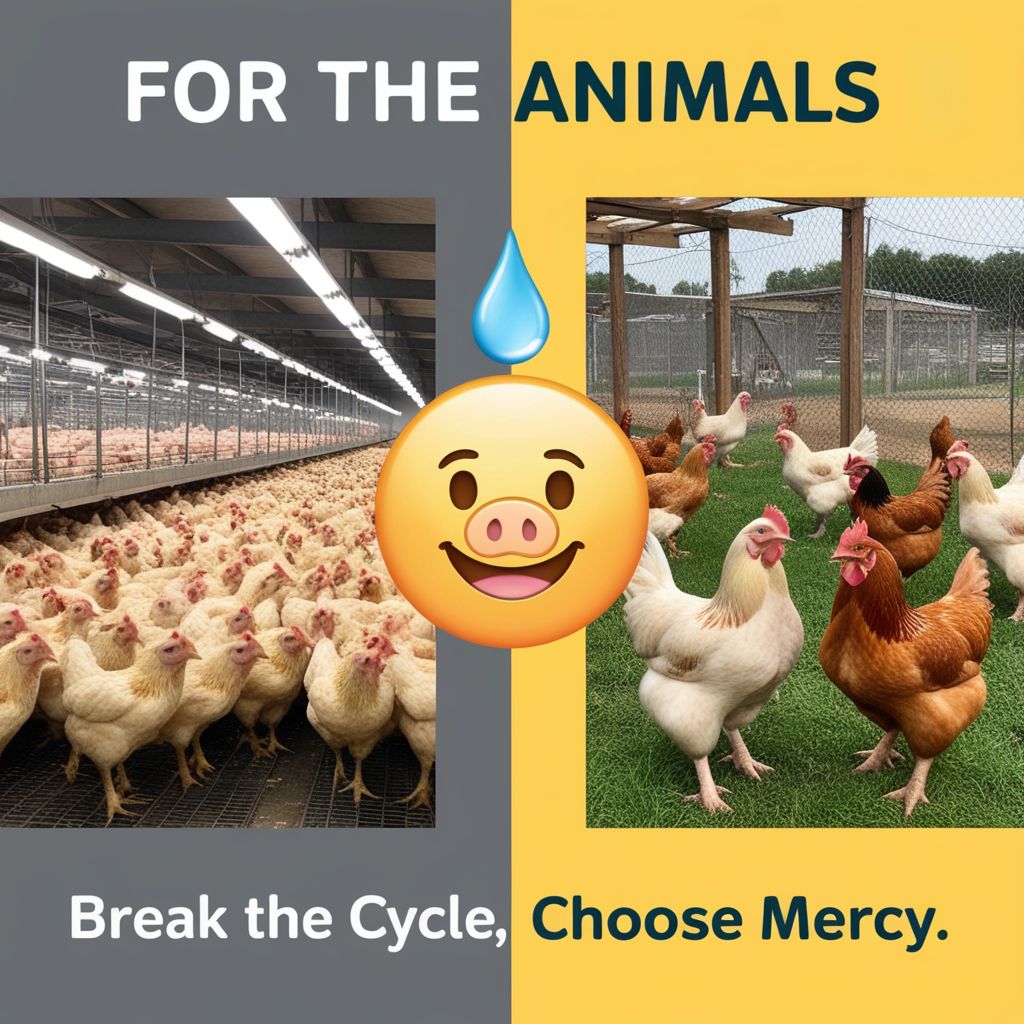
According to the FAO report, humans kill 80 to 100 billion animals every year for their food and various types of research. This earth is not only home to us humans, but also to these animals. These animals have as much right to live on this earth as we do. If you become vegan, then these animals will also be able to roam freely on this earth without any fear.
2. For our planet

You will be surprised to know that about 15,000 liters of water is used to produce 1 kg of beef, which is equal to 10 months of rain. Apart from this, the greenhouse gas released from slaughtering animals for food, harms the environment. People throw the waste material produced during the preparation of non-veg into the drain, which causes water and land pollution. In such a situation, if you are vegan, then you are making a huge contribution in saving the environment.
3. For your health
People who consume non-veg are most at risk of high cholesterol, blood pressure, heart attack and many serious diseases. In such a situation, if you are vegan, then the chances of you getting all these diseases will be very low.
4. Economic reasons
Veganism not only improves your health but also does not affect your pocket much as it is cheaper than non-vegetarianism. If you are facing financial problems, give up non-veg and become vegan and see how it not only improves your health but also saves you money.
Frequently Searched Questions (FSQ)
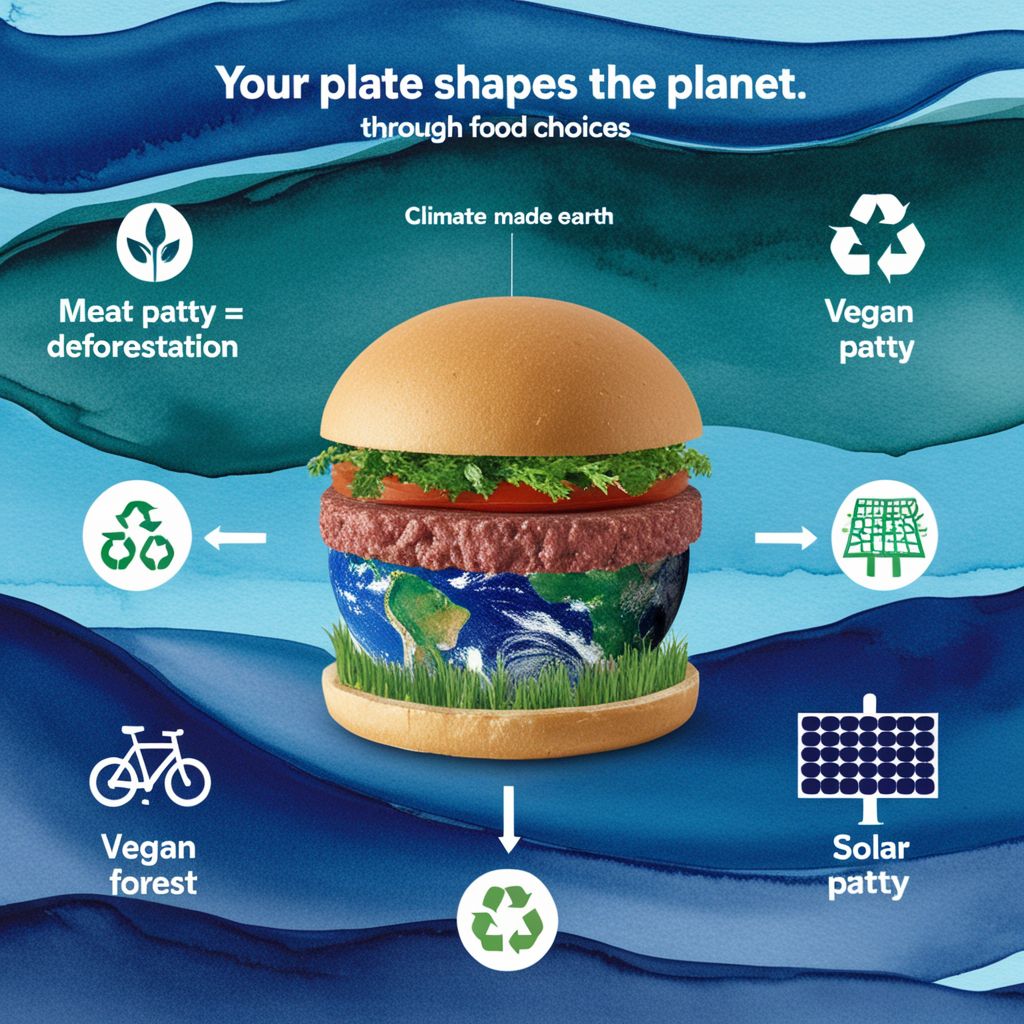
Q: “Where do vegetarians get protein?”
Answer: Lentils, tofu, quinoa and even peas! A cup of lentils has 18 grams of protein – more than a hamburger.
Q: “Is a vegan diet healthy?”
Answer: Yes! When well-planned, a vegan diet provides all essential nutrients. It’s important to include protein sources like lentils, beans, tofu, and quinoa, as well as fortified foods for vitamin B12.
Q: “Is veganism expensive?”
Answer: Not if you focus on staple foods like beans and seasonal vegetables. Pro tip: Frozen vegetables are cheaper and just as nutritious!
Q: “Can kids be vegan safely?”
Answer: Absolutely! The Academy of Pediatrics confirms well-planned vegan diets are safe for all ages. Check our Kid-Friendly Vegan Recipes.
Q: “What’s the difference between vegan and vegetarian?”
Answer: Vegetarians avoid meat but may still consume dairy, eggs, and other animal products. Vegans eliminate all animal products completely.
Q: “What about vegan ‘junk food’?”
Answer: Oreos and fries are technically vegan, but balance is key. We’ve got a Guilt-Free Snack List.
